The Office of Field Activities (OFA) Diliman, represented by Senior Project Assistant for Project Management Dorothy Forneloza participated in this year’s International Staff Mobility Program (ISMP) at the Institut Teknologi Sepuluh Nopember (ITS) Surabaya, Indonesia on 22-26 May 2023.
Inbound Student Mobility Coordinator Precious Pantoja of the Office of International Linkages (OIL) Diliman also joined the five-day program. It is through OILD that OFA Diliman’s participation in ISMP 2023 was made possible, as the former unit had already established connections with ITS.
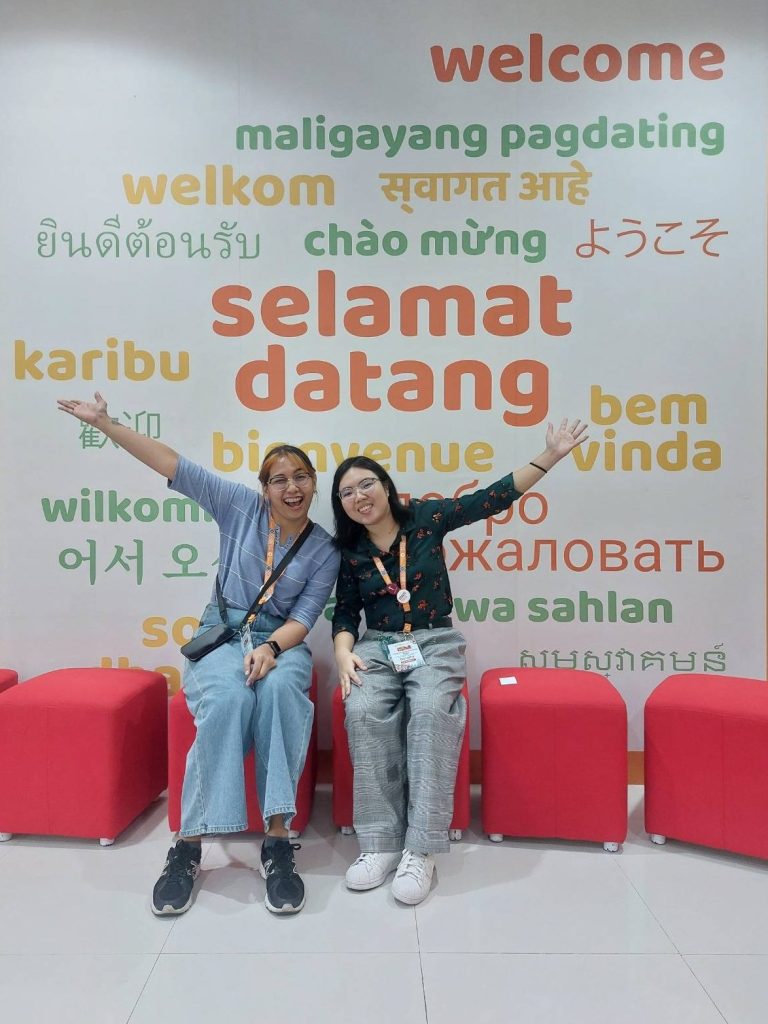
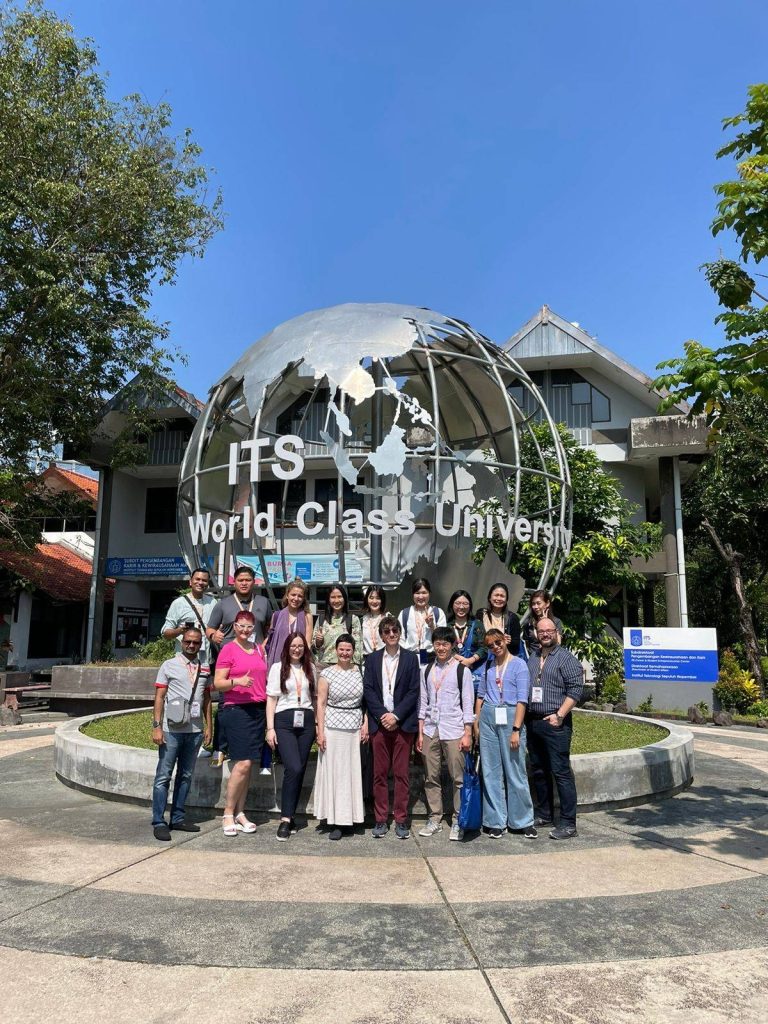
Organized by ITS Global Engagement, ISMP 2023 aimed to engage the participating non-academic staff to facilitate the expansion of their networks and the enhancement of their skills in pursuing internationalization. Twenty-one (21) participants from different Universities in Malaysia, Russia, the Philippines, Thailand, Turkey, Poland, and Japan gathered together for a series of capacity-building activities on various topics which covered student affairs, human resource development, and documents and archives management. The organizers also showcased Indonesian Cultural Activities that made visiting participants experience the local culture and traditions.
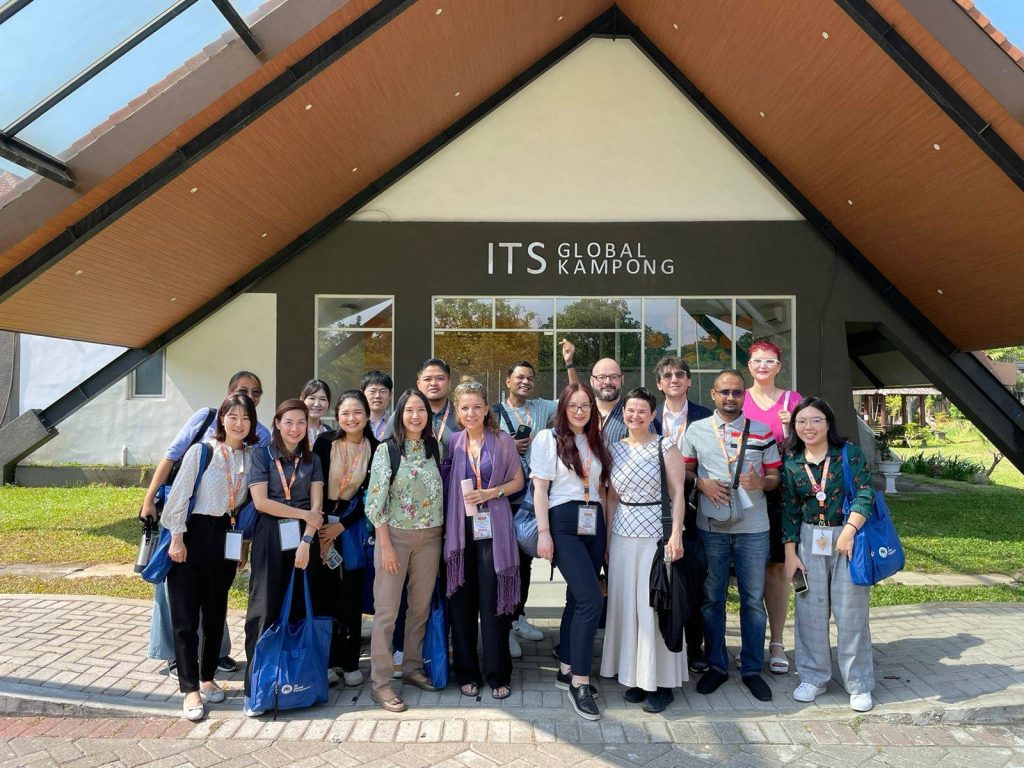
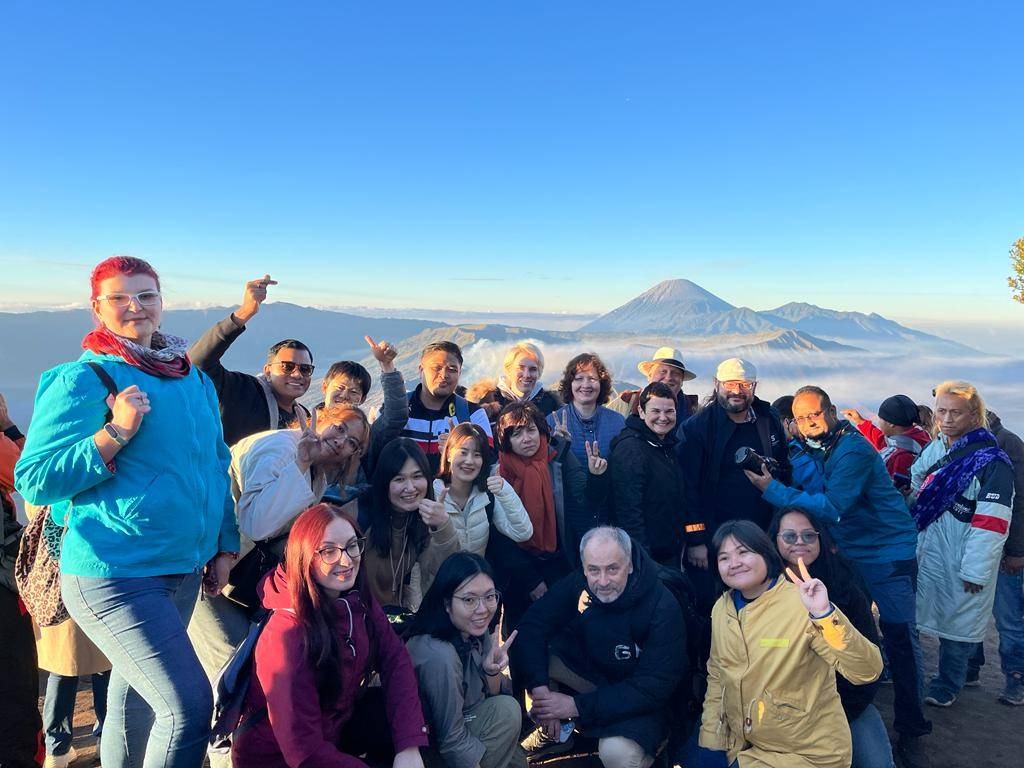
Forneloza brought home some reflections over the five-day program. A brief transcript from the conversation, edited and condensed for clarity, may be viewed below:
How was the experience of meeting other people with similar interests and visions?
It was a fun and fascinating experience for me to participate in this program. I saw how there are institutions like ITS that put in extra work towards boosting their University rankings. They regularly facilitate programs like ISMP for both inbound and outbound staff, as well as students, adding to their international points. I also saw how ITS and other universities function: the current trend gears towards recruiting international staff, and international faculty, and facilitating joint academic programs. While some do not prioritize rankings as much, the common ground for all the participants is that they want to deliver the best experience for their students.
I met a lot of highly experienced staff and learned how much they value participation in internship fairs, exchange student fairs, and other related activities to widen their network and benchmark from other universities. It is also inspiring to see those who have already formed a system in their recruitment process and establishment of partnerships. A work-study program also sounds appealing to adopt in our University. Lastly, I saw how they value not only the local but also the international programs equally.
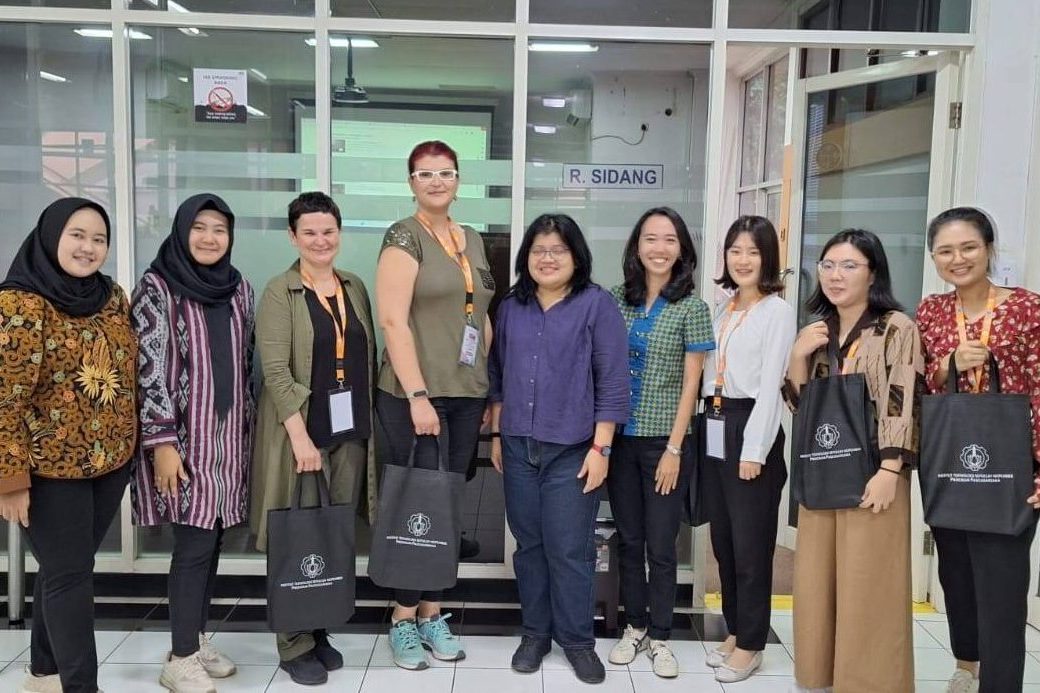
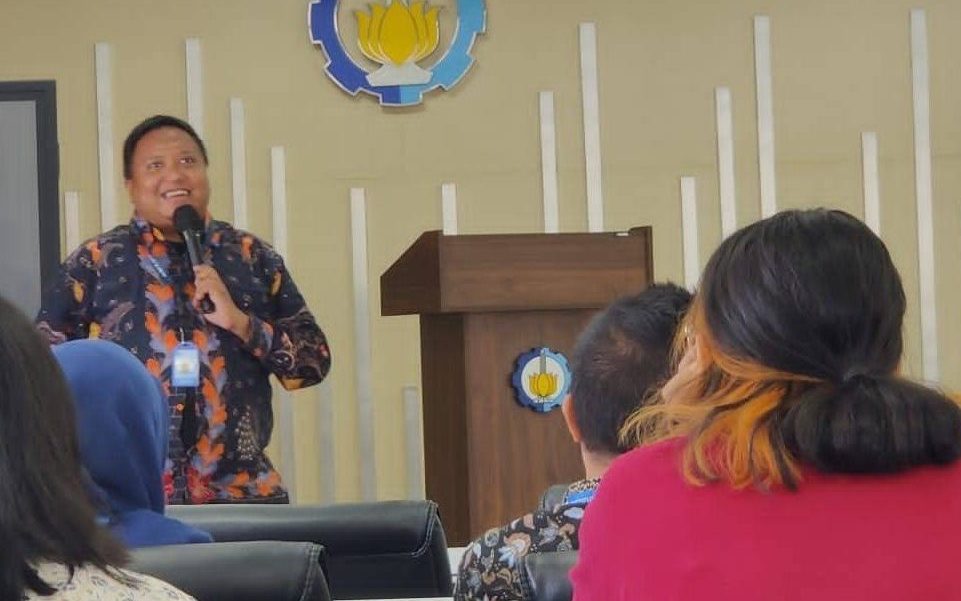
What were the learnings and new knowledge gained in participating in the event?
Students abroad usually seek scholarship opportunities before applying to international universities. Most likely, they would be attracted to schools that offer financial assistance to cover their period of study in another country. However, as a state university, there are some limitations to our resources. On our end, there is much work to be done, especially in terms of funding support to invite and recruit more international students/staff.
During the five-day program, I realized how huge the role a supportive government can play in pursuing internationalization. I observed and experienced first-hand the support provided by their local government. ITS shared that the school is allotted funds to capacitate its staff members with new knowledge and skills, and their government also offers assistance in conducting benchmarking activities with other universities. There is a clear effort to enrich not only faculty and teachers but also the non-academic staff to help them achieve their goals of boosting their university in the world rankings.
Were there any challenges or difficulties faced relevant to the activity?
At that time, the new SIAP Guidelines have not yet been released. With no definite picture of the local process and requirements for the international internship program, though not a bad thing, I felt limited to networking with other participants and listening to the experiences of other universities.
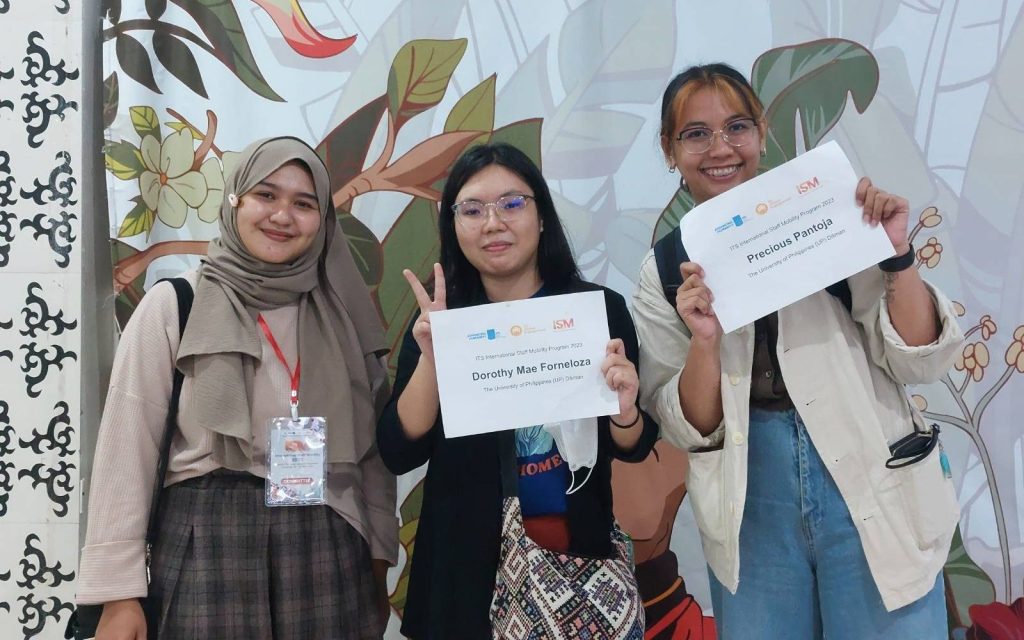
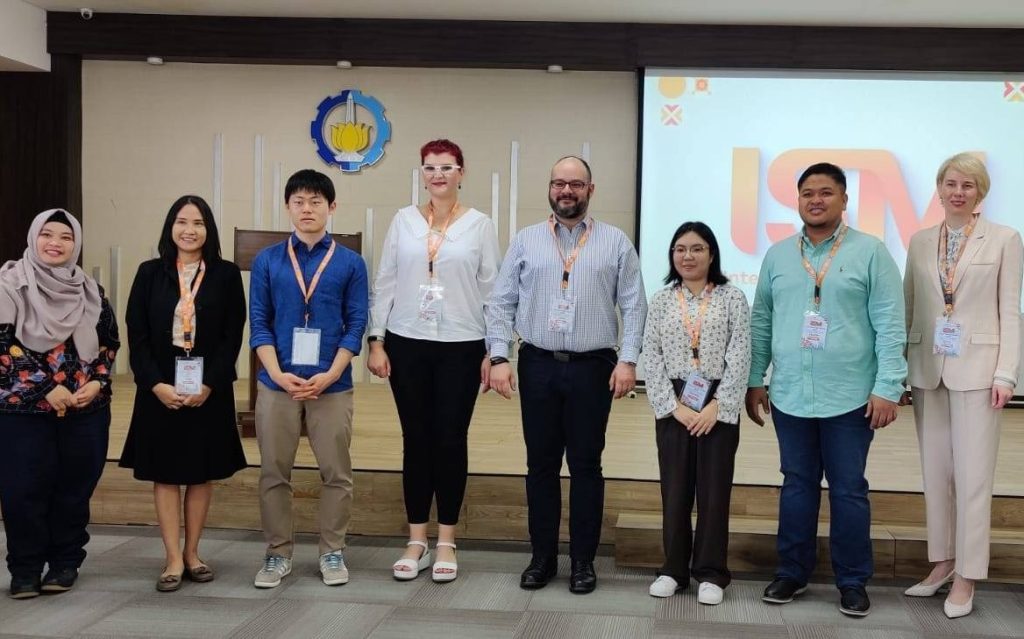
What was your biggest takeaway from the event?
We should be open to changes, be comfortable with challenging ourselves to be fresh and innovative, and not just stick with what is customary. It would be nice if UPD has similar benchmarking programs that invite other universities to share their practices and experiences which we can all learn from.
It is also important to invest in staff, whether from the academic or non-academic sector. Because at the end of the day, the University is not just buildings or classrooms or knowledge. It’s the people and/or the community that provides, enriches, and imparts the knowledge.
Investing in the University is investing in its staff – the people at the frontlines who carry out the administrative functions, deal with students’ concerns, and facilitate education that upholds honor and excellence.
